
Hungary Is In The Driver’s Seat On The Journey To An Electric Future
2022. 06. 02.

Automotive in Hungary is being rapidly transformed in the wake of the electrification of the industry. At the HIPA Automotive Conference 2022, renowned experts and senior representatives of top car makers with a local operation shared insights on how they gear up for prevailing in a world where e-mobility, autonomous driving and sustainability go hand in hand and raise the stakes more than ever before.
The recent past was no cake walk, and the present doesn’t look not much simpler to automotive stakeholders, either; yet, the pandemic was handled, lay-offs were avoided, and the crisis was rather used to improve and possibly emerge stronger. That’s the conclusion senior executives of Audi, BMW, Jaguar Land Rover, Mercedes, Opel and Suzuki reached at this year’s edition of HIPA’s Automotive Conference. Apparently, today’s usual suspects − lockdowns, chip shortage, war, supply chain disruption and inflation − do cause trouble, but not the kind that can’t be managed.
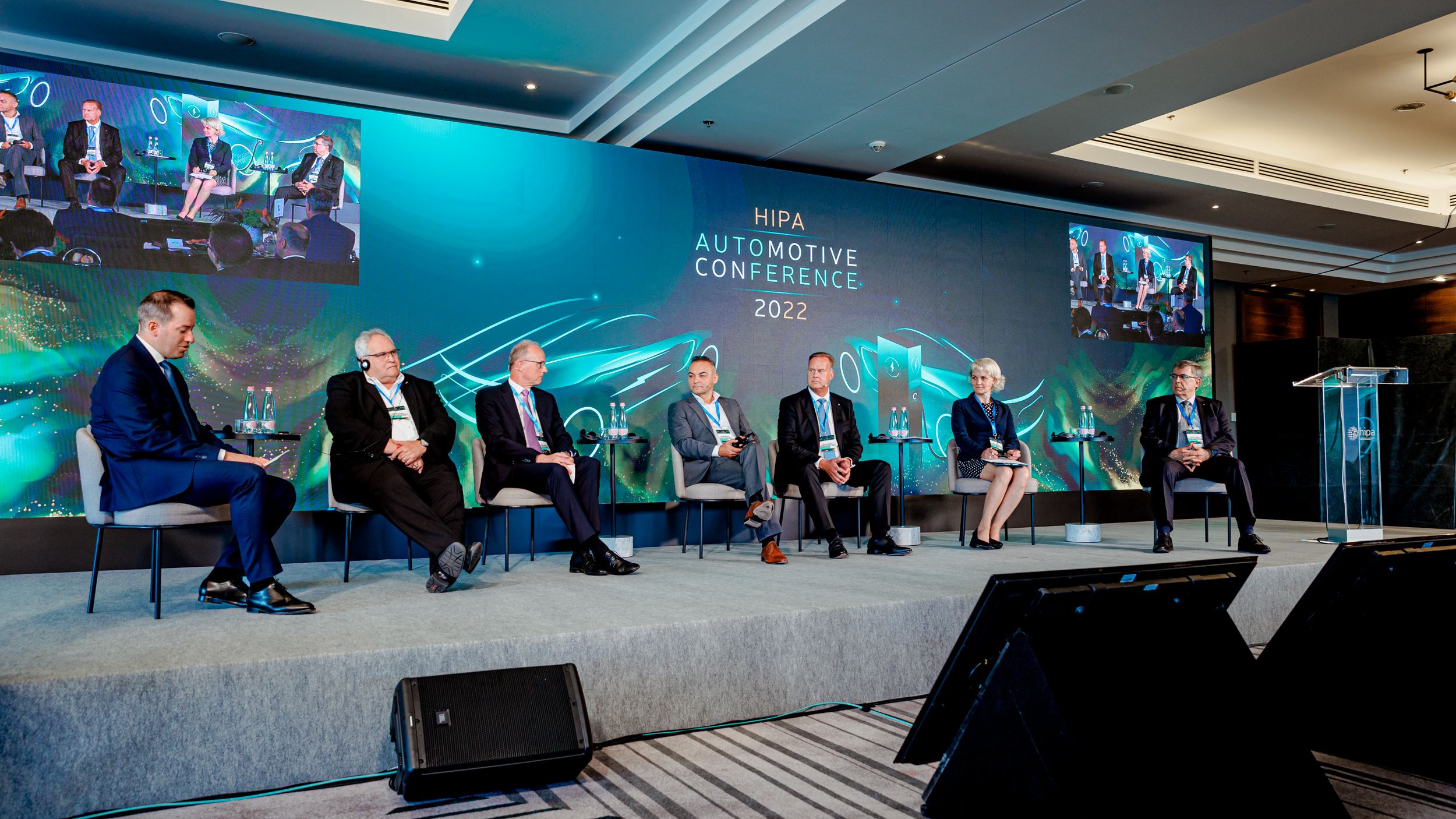
This is music to Hungarian ears as the industry is of strategic economic importance. As HIPA CEO Róbert Ésik pointed out in his opening remarks, 700+ companies are active in the sector that employ over 150,000 and account for 17% of total export of goods. Between 2014-2021, HIPA itself guided 176 large automotive investment projects worth EUR 9.6 billion that created 40,000 jobs.
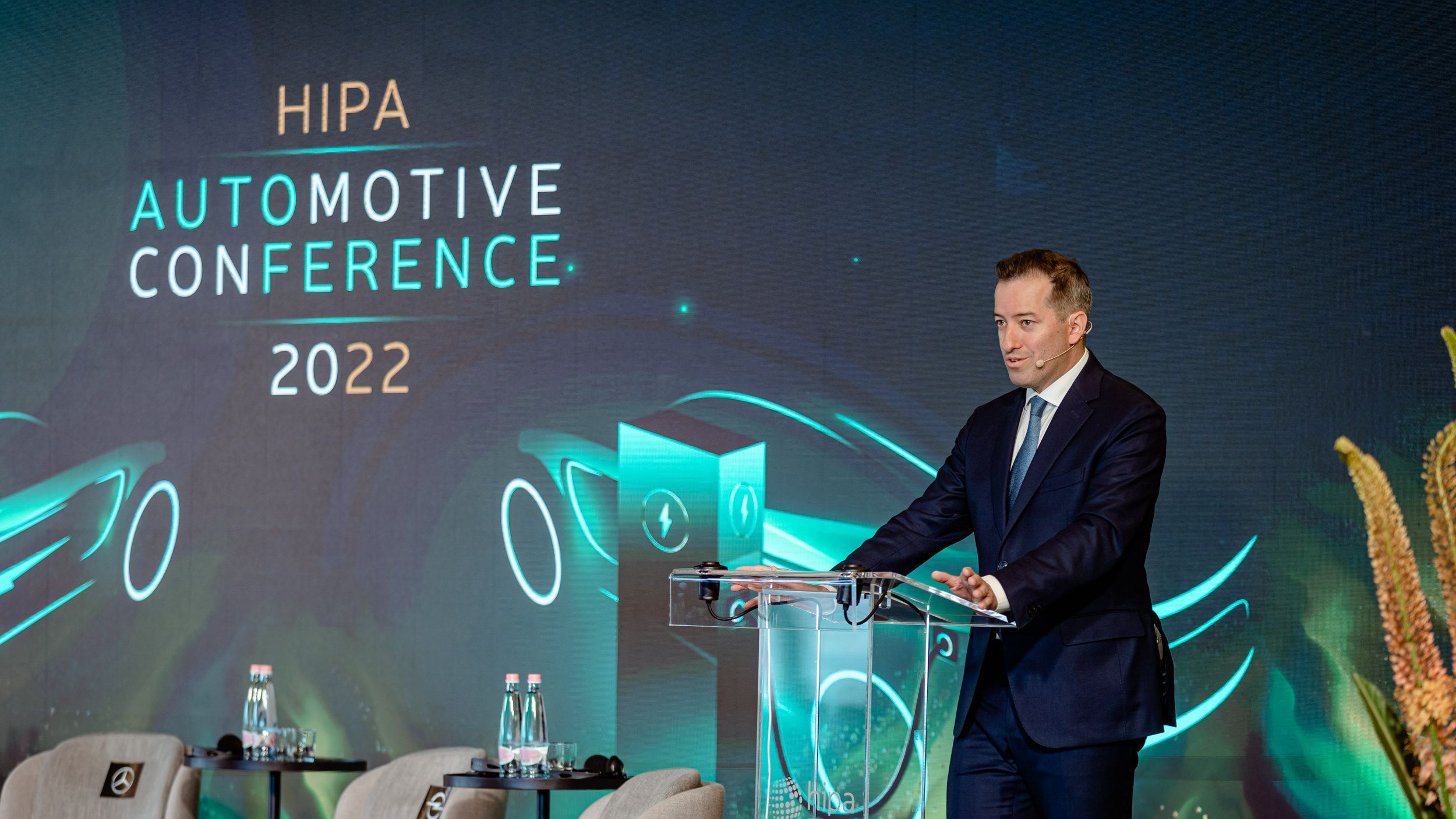
Mr. Ésik said.
The future is electric, so those countries that build massive battery production capacities will have a seat at the table. Given her 150 GWh projected by 2025, Hungary is definitely among them, and leading car makers are naturally preparing for the e-transformation as well. As Alfons Dintner, AUDI Hungaria’s Chairman of the Board of Management mentioned, they allocate 40% of investments into e-mobility that equals the future. They also redefined the meaning of the abbreviation KPI by “Keep People Inspired”.
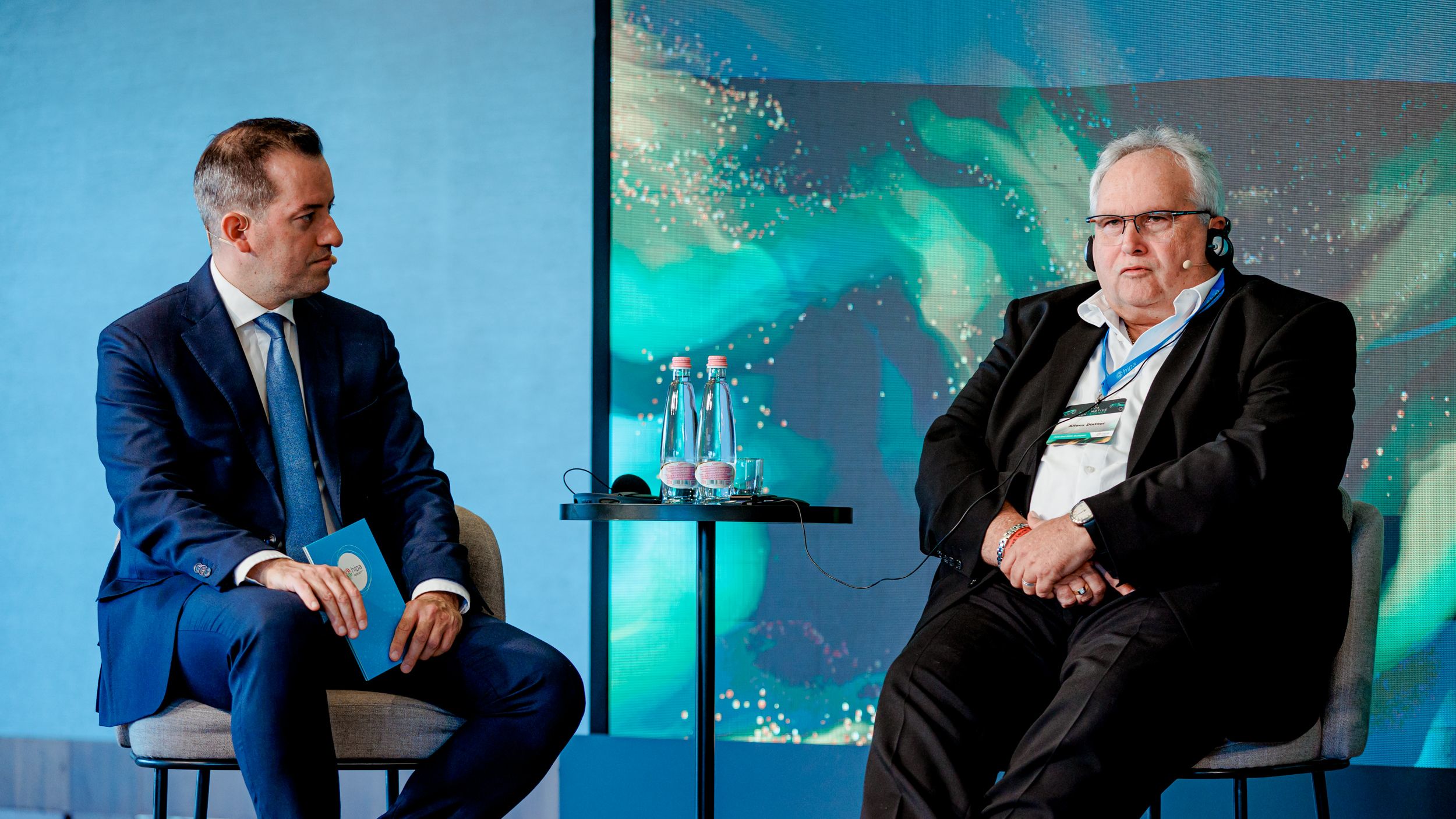
Mr. Dintner explained.
BMW goes even further when it comes to living up to electrification-related expectations. They are building their first plant that will produce only fully electric cars, the Neue Klasse.
Jochen Lorenzen, Vice President of Plant Development of Plant Debrecen & CFO of BMW Manufacturing Hungary said.
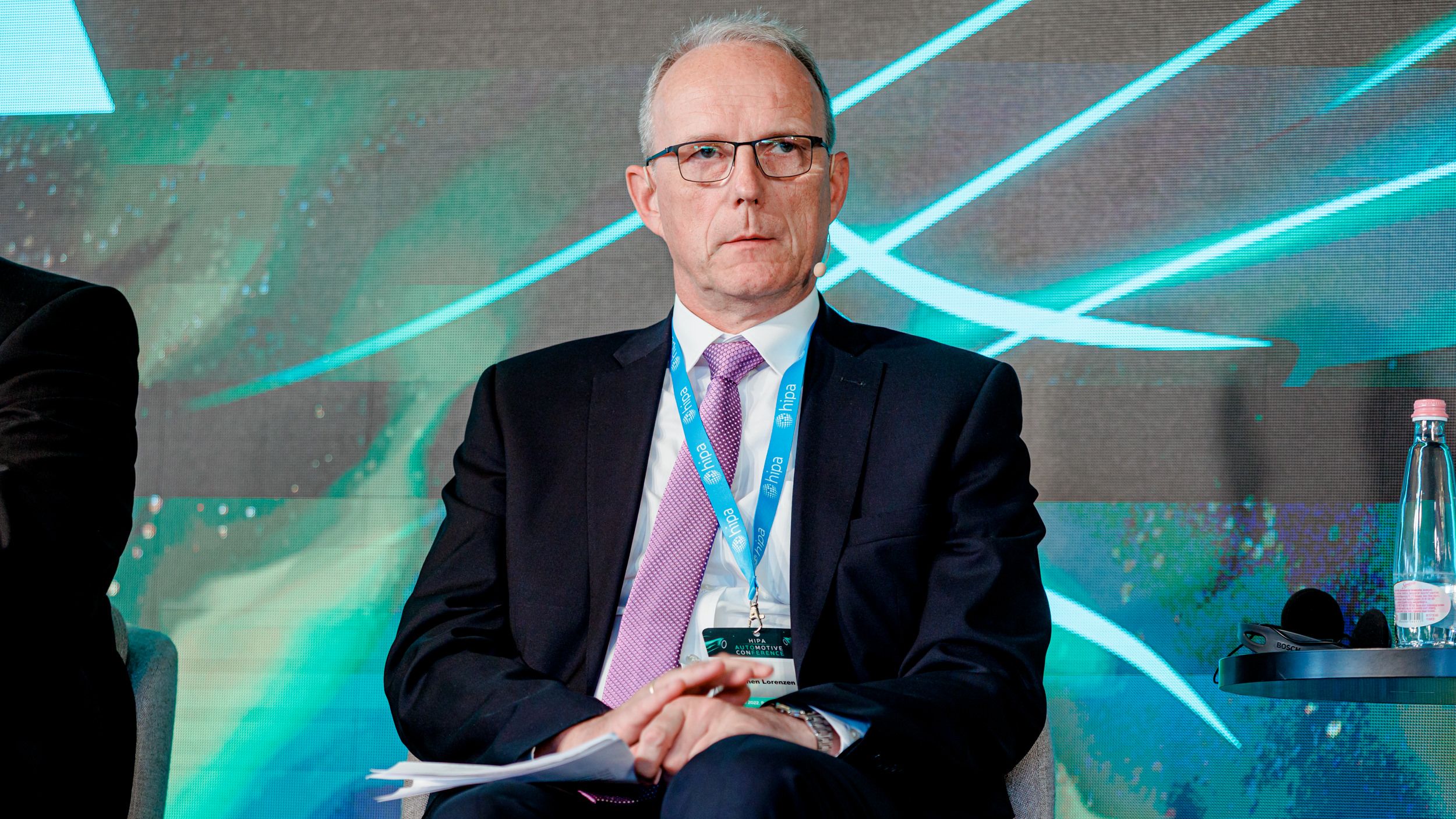
The credit for manufacturing the first fully electric model in Hungary goes to Mercedes, though. In fact, by now their EQB has even reached maximum production capacity which required a brand-new body shop building, among others.
added Christian Wolff, CEO of Mercedes Benz Manufacturing Hungary.
Suzuki is riding the e-wave as well, they produced their first hybrid model in 2020 in Esztergom, and plan to launch their first fully electric car in 2025. Dr. László Urbán, Deputy Managing Director of Magyar Suzuki Corporation also highlighted their commitment toward going greener by cutting emissions by 30% in three years. Olívia Mesics, Plant Manager of Opel Szentgotthárd agreed that everybody needs to keep working on options that improve sustainability – a factor that by now is a critical element of any business strategy. Take BMW’s ambition to make its Debrecen plant fully emission free, or the fact that a Mercedes car contains just 300 g (!) of non-recycled material.
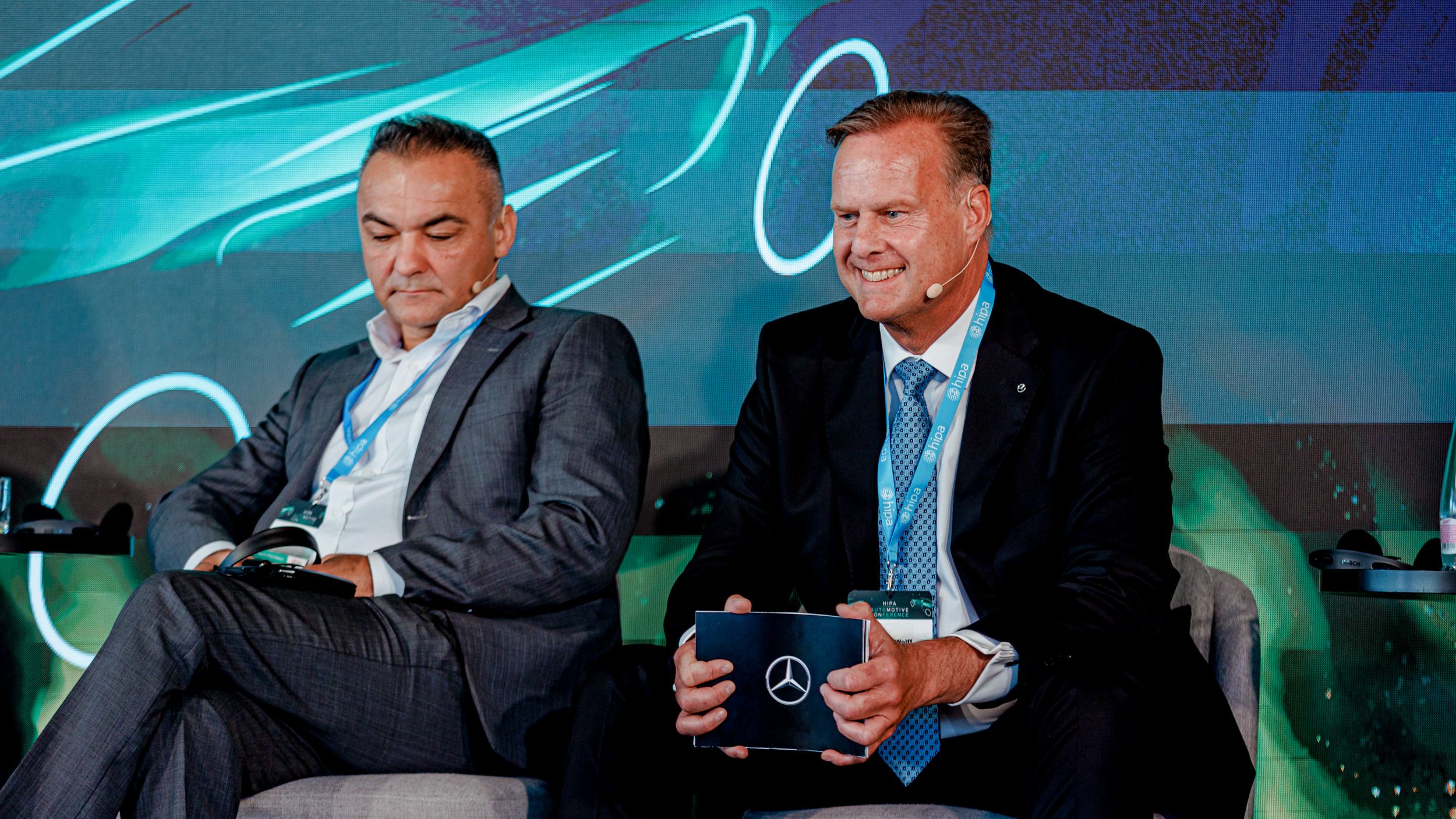
As far as the future is concerned, Nevijo Mance, Director of Engineering at Jaguar Land Rover Hungary and winner of HIPA’s Local Partnership Award in 2021, believes a high level of adaptability will be needed for long-term success. JLR’s engineer team is busy with inventions that make it happen.
Mr. Mance said.
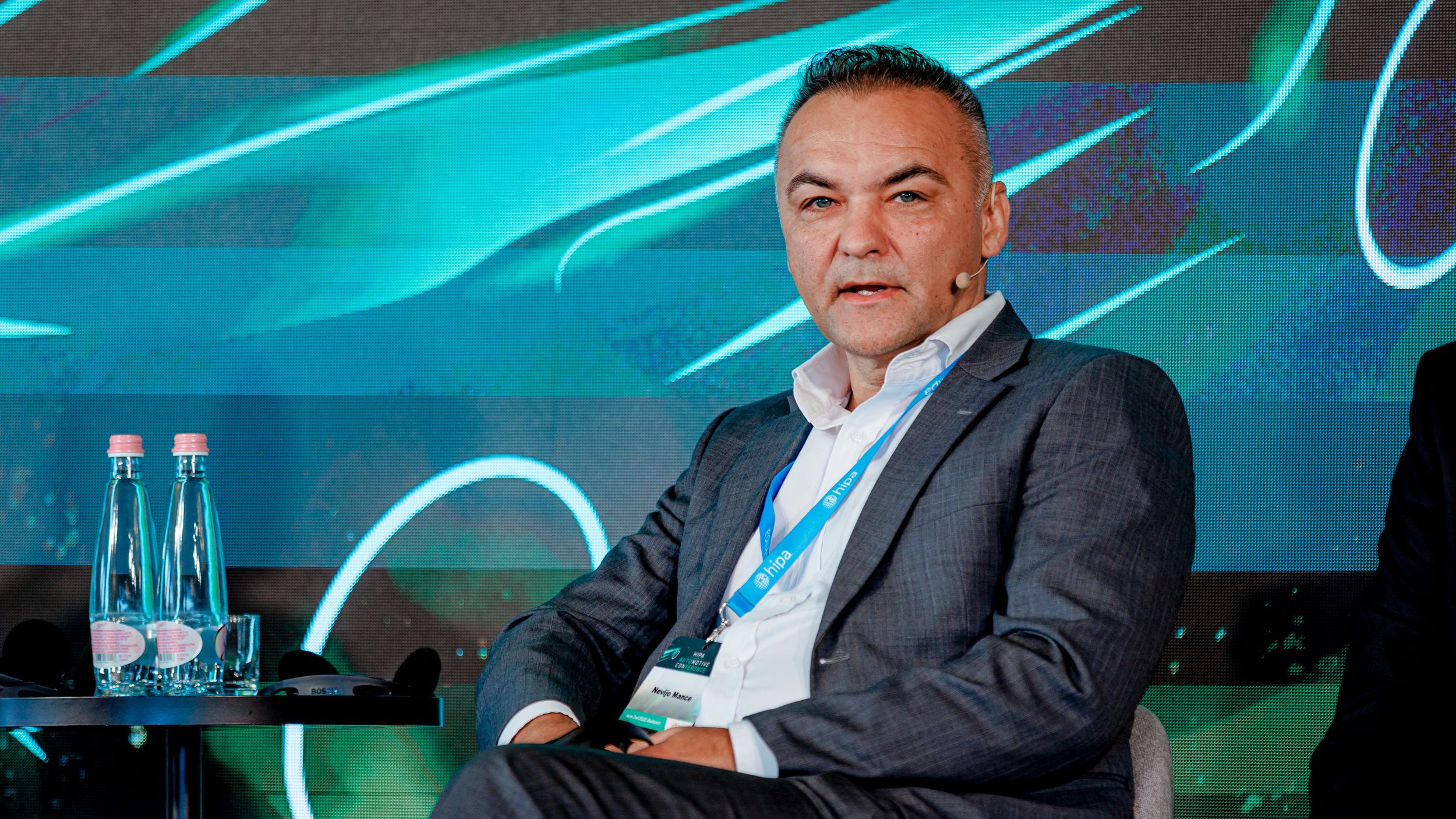
In the global race for securing key positions in e-mobility, battery capacities will be of utmost importance. Samsung SDI has produced 19 billion cells since 2000, and as Dr. Michael Bramberger, Vice President for Marketing & Product Management of Samsung SDI Europe mentioned, the key to satiate global hunger for battery-stored energy is to improve energy density. To the rescue comes a new generation of All Solid Batteries (ASB) developed by Samsung that are expected to replace the current lithium-ion type by the second half of the decade.
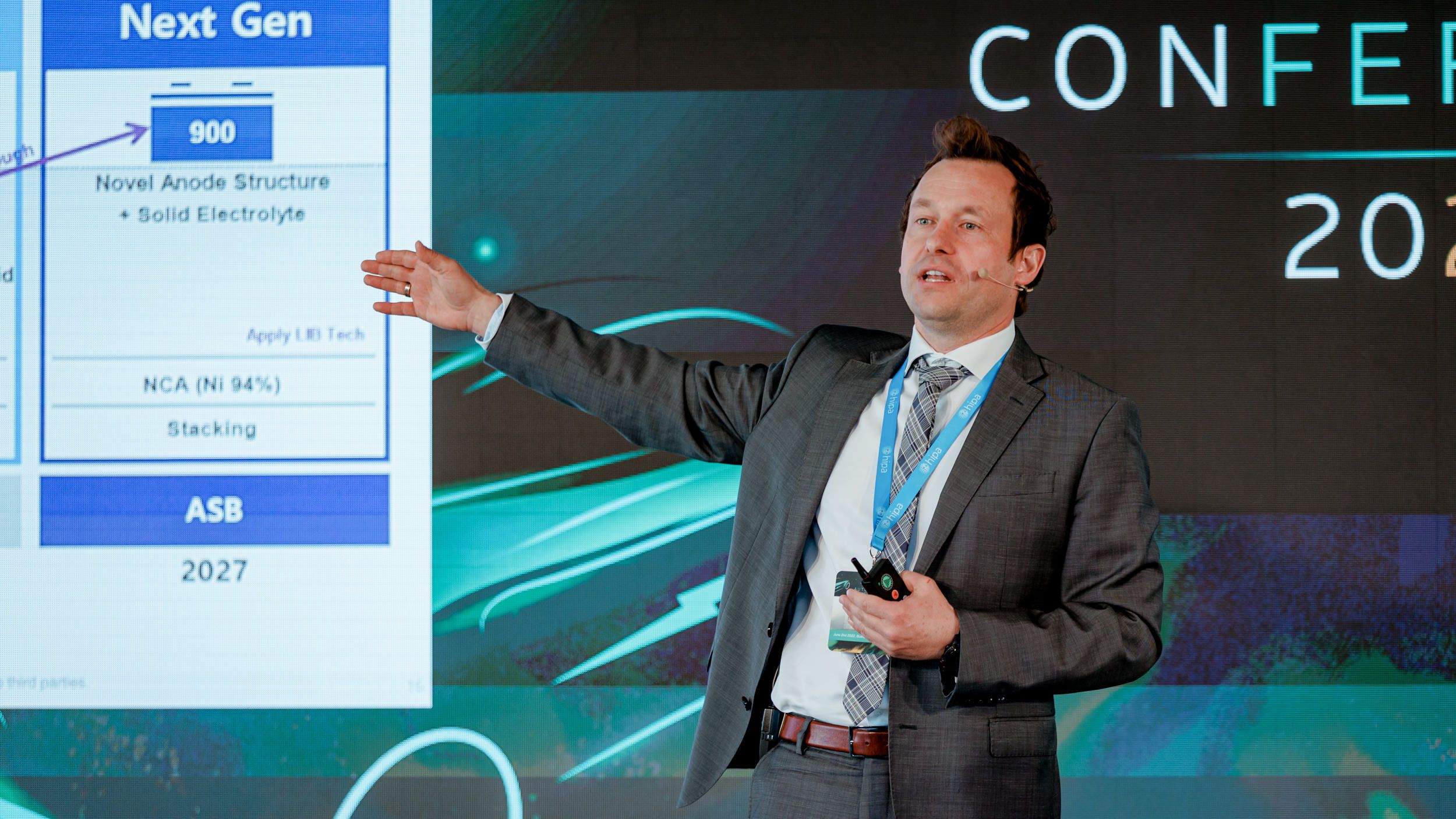
Since electromobility is an irreversible trend, the market growth rate for batteries is set to soar.
Mr. Bramberger added.
Hungary has become a center of vehicle testing as well thanks to the existence of ZalaZone Proving Ground, according to ZalaZone Managing Director Zoltán Hamar. The wide range of services provided by the facility offer ideal conditions for various automotive stakeholders to make the most of megatrends like sustainable mobility and autonomous mobility solutions.
Mr. Hamar noted, adding that ZalaZone’s smart city environment also gives a variety of options for vehicle testing. On-site developments are also set to continue with workshop extension and more off-road features which should raise even more interest, and keep Hungary in the driver’s seat for a long time on the journey towards an electric and autonomous future.
Download ZalaZone presentation by clicking here.
Sector articles
Feintool, a Swiss-owned leader in precision electrical steel and formed steel components manufacturing, is investing EUR 34.1 million to expand its Tokod facility in Hungary’s Esztergom district. The project will add 6,740 square meters to the existing plant, wi...
2024. 12. 17.
Automotive #AutomotiveChinese electric car manufacturer BYD first Hungarian Suppliers' Forum in Budapest attracted more than hundred domestic companies. At the two-day event, organised by HIPA Hungarian Investment Promotion Agency, Minister of Foreign Affairs and Trade Péter Szijjárt...
2024. 10. 16.
Automotive #AutomotiveSMR Automotive Mirror Technology Hungary Bt., a Motherson Group company, has announced to implement a EUR 33.3 million investment in Hungary. The Indian automotive supplier’s development aims to expand production and logistics capacities and install automation a...
2024. 06. 06.
Automotive #Automotive